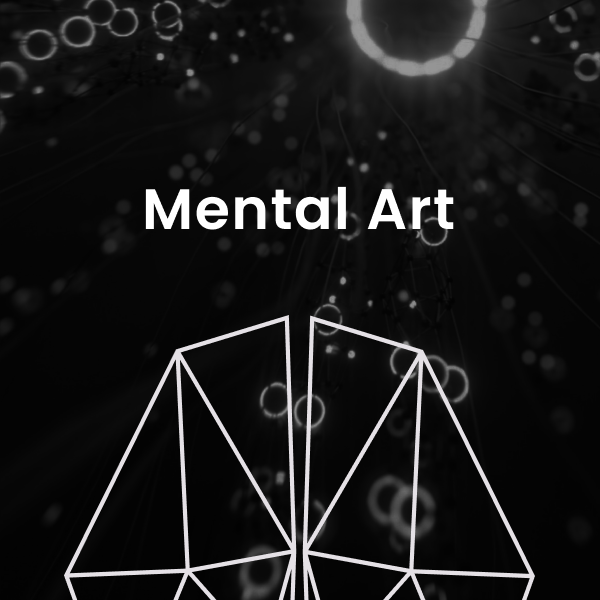

The Illusion of Knowledge: Mandela Effect
1/15/2024Our brains employ clever mechanisms to prevent themselves from becoming overwhelmed. Most data undergoes an instantaneous filter, validating or debunking our assumptions, while the rest is promptly discarded. The illusion of knowledge arises from our innate tendency to observe and extrapolate patterns, simplifying the perception and retention of information. While this is a useful filter, it simultaneously hinders the exploration of new ideas and possibilities, acting as a safeguard for our psyche but impeding intellectual progress.
When evaluating new situations and processes, our brains tend to actualize only the information from our previous experiences. This is why seeking fresh perspectives and expert insights from external sources is always beneficial.
Cultivating Critical Thinking for Growth
Developing critical thinking skills is crucial for personal and intellectual development. It involves addressing cognitive biases and distortions. For instance, our collective false memories, are exemplified by the famous misquote "Luke, I am your father!" from Darth Vader. In reality, the lines were "No, I am your father". These shared misconceptions, known as the Mandela Effect, highlight the prevalence of false knowledge.
The Mandela Effect refers to a curious occurrence where numerous individuals share false memories, sometimes becoming ingrained in collective memory and popular culture. It leads to attributing never uttered words to individuals, believing in events that never transpired, or confusing fictional characters with real-life counterparts.
The term "Mandela Effect" was coined by paranormal consultant Fiona Broome. Despite this, there's nothing paranormal about the effect itself. In 2009, Broome observed that many, including herself, were convinced that human rights activist Nelson Mandela had died in prison during the 1980s. Some even claimed to have read about it in newspapers or heard it in news broadcasts.
In reality, Mandela was released in 1990, became South Africa's president in the '90s, and passed away in 2013. Broome considered this phenomenon evidence of a parallel reality, while scientists attribute the Mandela Effect to the intricacies of memory.
Researchers were able to replicate the process of forming collective false memories in an experiment. Psychology professor Jim Coan along with colleagues from Washington University, employed the "lost in the mall" technique for this purpose. He distributed brochures to his close relatives, recounting various childhood events. One of the narratives was false, describing how Coan's brother got lost in a shopping mall. The experiment participants did not recognize the deception, and even his brother "remembered" additional details of that story. This technique was later adapted for larger groups, resulting in 25% of the study participants accepting fabricated events as real.
The Dangers of the Mandela Effect
While most collective false memories are relatively harmless, they can influence behavior. For instance, fake news can create false memories related to significant issues. An experiment before the abortion legalization referendum in Ireland revealed that participants remembered and accepted at least one fake news item in 50% of cases.
The implantation of false memories can be a tool of propaganda, influencing public opinion by persistently narrating how good or bad life was in the past, leading to incorrect decisions and a distorted worldview.
Why Does the Mandela Effect Occur?
Errors in Schematic Thinking: The Mandela Effect arises from errors in schematic thinking, where the brain fills in uncertain details logically, leading to shared false memories among people.
Confabulation or Honest Lies: This phenomenon is rooted in the brain's tendency to confabulate, creating honest lies as individuals sincerely try to elaborate on a story, subsequently leading others to repeat the fabricated details.
Disinformation: People tend to heed the opinions of those around them. In memory formation experiments, researchers convinced 47% of participants that a specific childhood event occurred, even though it didn't. However, only 15% "remembered" all the details.
What to Do with False Memories
- Seek Evidence: Analyze available facts like photographs, testimonies, or documents to determine the veracity of events.
- Consider Memory Mechanisms: Acknowledge the flexibility of memory, particularly for creative individuals with vivid imaginations.
- Be Mindful of Mass Culture: Critically evaluate information derived from movies and popular books, as these depictions may not be based on facts.
- Consider Different Opinions: Listen to various viewpoints and independently search for additional data.
- Practice Active Listening: Approach conversations with attentiveness and empathy to gain a more objective understanding.
- Find Reliable Sources of Information: Form a pool of trusted news outlets, websites, and opinion leaders. Verify the reliability of sources before sharing news on social media.




